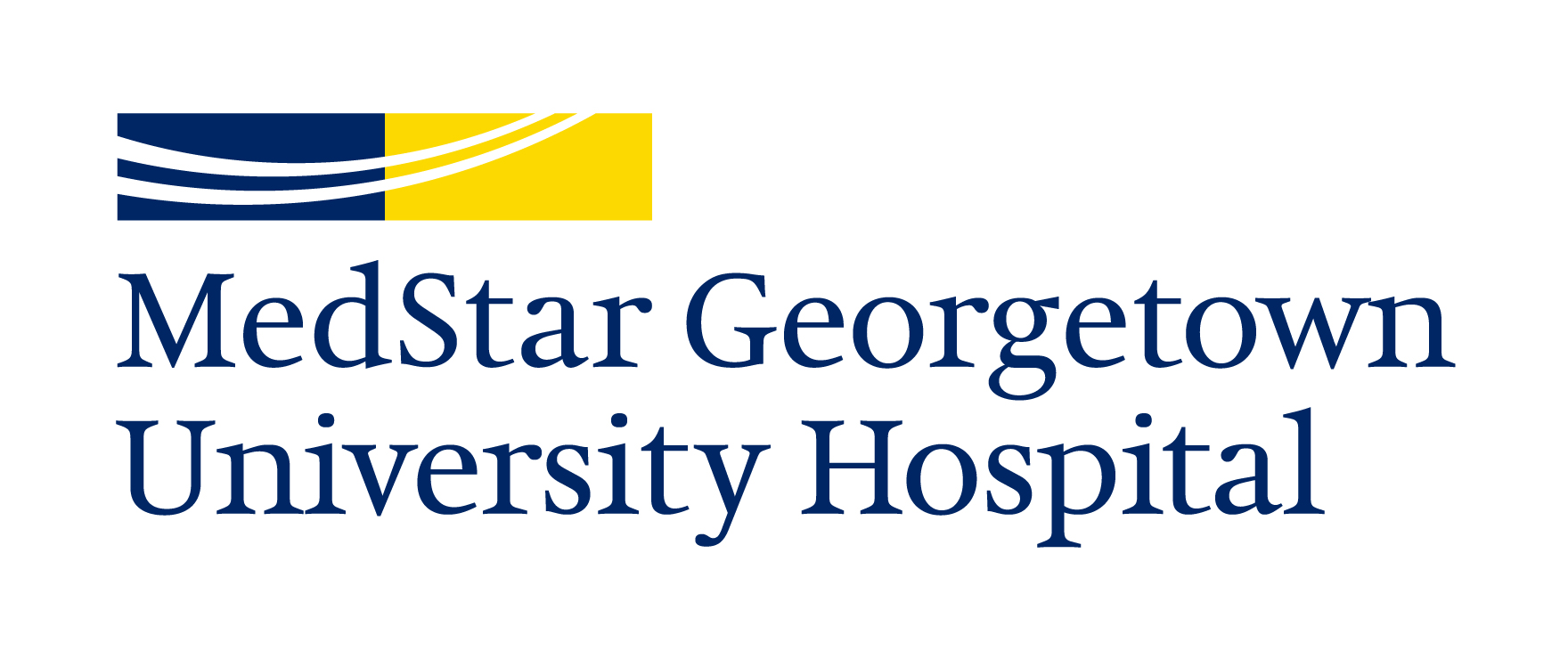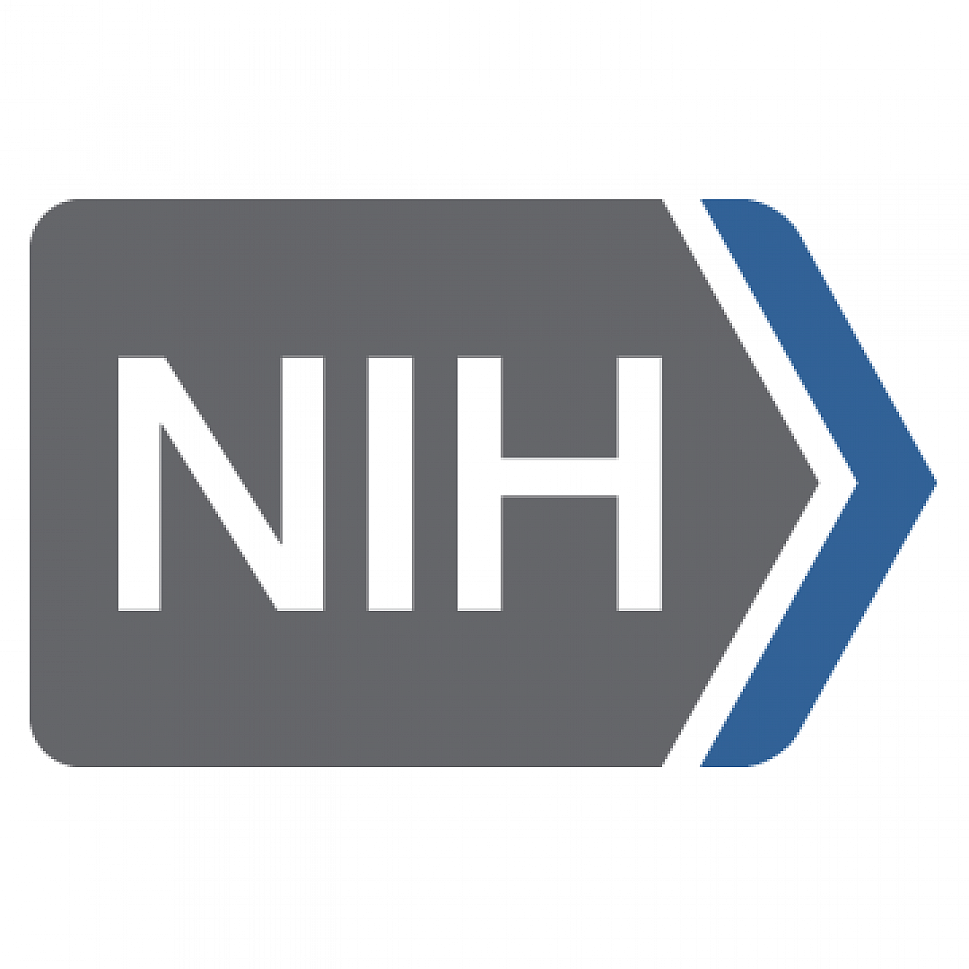Our Work
Self-regulation is the cornerstone of developmental advances in adaptive behavior. Studies focus on characterizing the neurobiological bases of regulatory processes and sources of individual differences in normative development and in adulthood, and in special populations. We use a range of methodological approaches, including behavioral, task-evoked and resting-state fMRI, and neurostimulation.
Our current lines of work include:
Identification of dimensions of executive control that cut across pediatric psychiatric diagnoses: Control over attention, actions and emotion is termed executive control, and its disruptions are common across multiple conditions such as Attention Deficit Hyperactivity Disorder (ADHD), Autism Spectrum Disorder (ASD), anxiety disorders, and mood disorders. Treating these disruptions are difficult because symptoms are not disorder-specific and highly heterogeneous. We are using data-driven methods and fMRI to identify dissociable sub-processes that cut across these disorders, in line with NIMH Research Domain Criteria (RDoC) approach. Our findings will improve diagnostic nosology and personalize decision-making about treatment.
Effects of metabolic health on executive function: Obesity is a health condition with metabolic dysregulation that affects all systems, including the brain. Indeed, pediatric obesity is associated with worse social, cognitive, and academic outcomes. Behavioral control of feeding and activity is central to promoting and maintaining obesity and health. Our studies aim to identify processes and underlying circuitry affected in pediatric obesity.
Role of memory is cognitive flexibility: Flexible control of attention, actions, and emotions is disrupted in Autism Spectrum Disorders (ASD). Our studies test the hypothesis that atypical memory functioning promotes behavioral inflexibility in ASD.
Our Partners
Our research is funded by grants from the National Institutes of Health.







